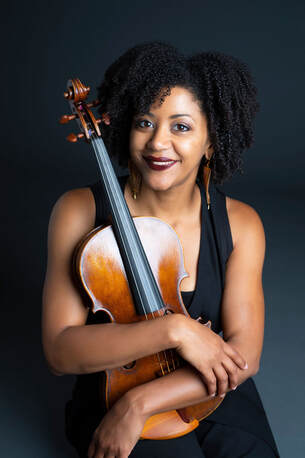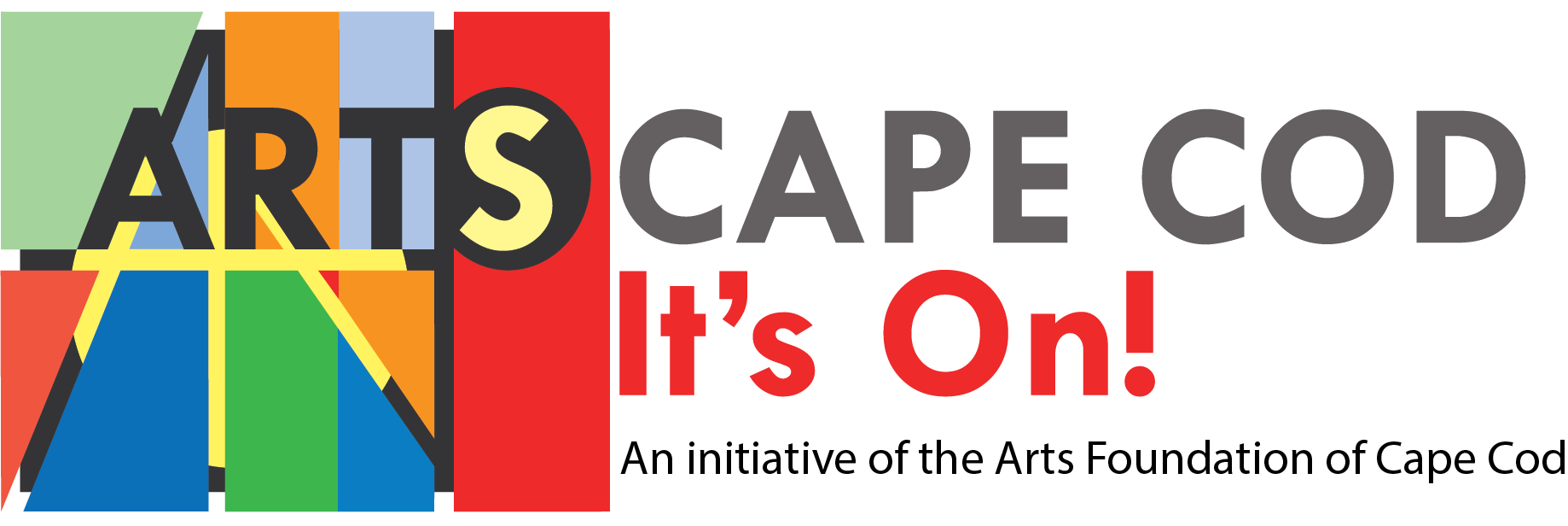Discovery can happen at any stage in our life. For Ashleigh Gordon, one of her first – a love of art – occurred at a young age.
“I’ve always been a creative person,” she said. “As a child, I was the youngest of three siblings, all of whom had some interest in musical expression. I realized very much early on I wanted to play the violin and did so in public school. That’s where I got my first start.”
Her next discovery – a passion for the viola – occurred while she was an undergrad at Baldwin Wallace University in Ohio. “I decided that instrument, with all of its characteristics of being a quiet influencer that really connected with me and fit me personally,” she said. “In the chamber orchestra, there’s no instrument more melancholic, richer, and darker. I ended up switching from the violin to the viola in college.”
It is through music that Gordon has also discovered the power to not only inspire others, but to educate others about the critical role Blacks have had on the arts, and to enact meaningful change in order to create more equity and diversity on concert stages.
Gordon has done so as Artistic & Executive Director of Castle of Our Skins, a Boston-based nonprofit she has led since launching it in 2013 with Associate Artistic Director Anthony Green. A concert and educational series, its mission is dedicated to celebrating Black artistry through classical music.
At the end of last month, Gordon sat down with Arts Foundation of Cape Cod (AFCC) Executive Director
Julie Wake and Provincetown Community Television Executive Director Amy Davies to talk about her
experience both as an artist and the leader of a cultural nonprofit on the AFCC’s Creative Exchange
podcast.
“The work we do very much lies in representation to make sure that within this largely white Eurocentric
field there have been excellent contributions made by Black artists which is counterintuitive to common
narratives,” Gordon said. “We very much want to correct that imbalance and do so with a constant high
visibility of Black artistry.”

Over the past eight years, Castle of Our Skins has provided people of color with representation on
concert stages. It’s something that Gordon said “is hugely important for development and growth in our
youth and their success in school. …Seeing yourself and hearing your stories told from a place of
authenticity is powerful.”
That power, she said, is multiplied when connected with music which has the ability “to change
someone’s heart and mind.”
With the country’s social unrest of the past year, the visibility of Gordon and her nonprofit has never
been higher. While America has a long way to go to achieving racial equality, Gordon acknowledges that
art is one of the best mechanisms to advancing that cause.
“Whatever you consider an artistic expression can be a connective bridge,” she said. “Art can help build
some of those bridges where there currently aren’t any and are a way of tapping into a space of
imagination and a space of dreaming and literally creating a world and a vision where we are captains of
the ship.
“Art relies so heavily on imagination. When paired with conversation, paired with dialogue, and most
importantly, paired with action, it can be a trifecta to slowly but surely reach people and move at least
one person along,” Gordon continued. “That person can then reach another person.”
And that is how meaningful change can begin to take shape.
Listen to Ashleigh Gordon on Arts Foundation of Cape Cod’s Creative Exchange Podcast.

